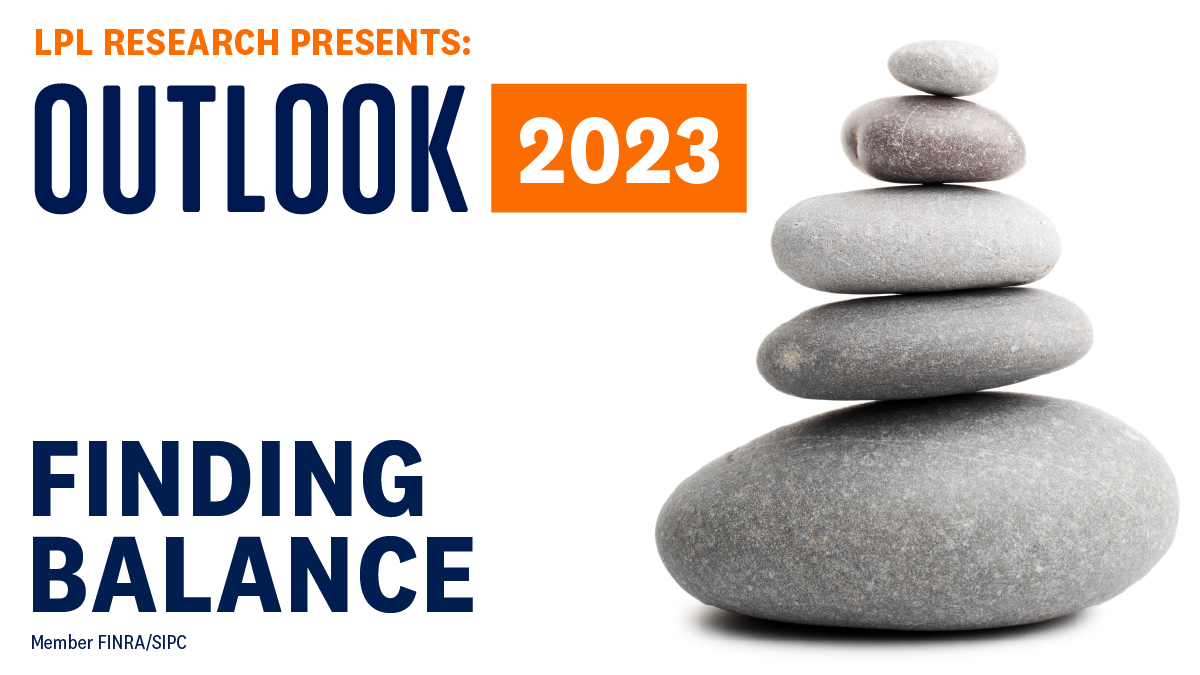
What Issues Should I Consider At The Start Of The Year?
The beginning of the new year is the perfect time to discuss the various factors influencing your planning. For example, we can: Look at your progress toward your goals and consider any new goals you’ve set for yourself. Evaluate your insurance coverages to make sure your risks are minimized. Revisit your assets and debt and evaluate whether your risk tolerance continues to be appropriate. Take a look at the Checklist: What Issues Should I Consider At The Start Of The Year 2023 I’ve included for you. In addition to the ideas above, we can organize you for tax season, so you have a smooth experience. There are many reasons why having a good conversation now can set you up for success later. Download Our Beginning of the Year Checklist Sometimes the incremental changes that occur year-to-year may not seem like a big deal. In reality, though, they can add up. The planning that we’ve done together can evolve to benefit and strengthen the people and organizations that are important to you. If the checklist I’ve included has helped you identify topics we should plan for, please get in touch to schedule a time for us to discuss them further.












